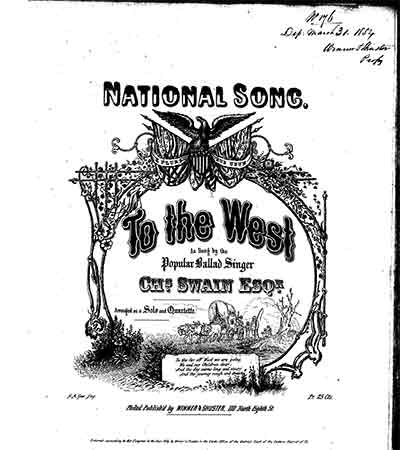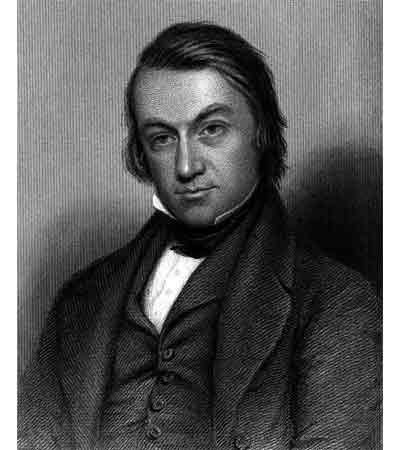Making History Sing
A Collaborative Project Between the ACC History and Music Programs
The Making History Sing project seeks to enhance student success and engagement by integrating historical music into history courses at Alvin Community College (ACC). Through collaboration between the History and Music Departments, this initiative brings early American songs to life through professional recordings, allowing students to experience history in a dynamic and immersive way.
Each semester, the History Department selects a song from the Library of Congress’s Music for the Nation: American Sheet Music, ca. 1820-1885 collection. Under the supervision of Dr. Kevin Moody, the Music Department arranges, rehearses, and records the selected piece. The final recordings are used for classroom instruction and archived here as an enduring educational resource.
This project represents an innovative approach to history education by transforming primary sources locked on the page into engaging and accessible learning tools.
“To the West” – Poetry/Lyrics by Charles McKay, Music by H.R. – 1854
R., H, and C. Lyricist M. To the West.
Philadelphia: Winner and Shuster, 1854. Notated Music.
Charles Mackay, 1814-1889 [By Charles Rogers - Project Gutenberg's The Modern Scottish
Minstrel, Volumes I-VI., by Various
While information is scarce and scant regarding the identity and career of musical composer “H.R.,” the lyricist for this song, the Scotsman Charles Mackay [Americans in the antebellum shortened the last name to “McKay”], is reasonably well known. Best known today for his Extraordinary Popular Delusions and the Madness of Crowds (1841), Mackay was a journalist, a traveler, and a poet. He came to the United States in the 1850s, part of an odyssey that allowed him to observe the coming of the Civil War and publish a book (as many foreign visitors to the United States did in the early-mid 19th century, Life and Liberty in America: or Sketches of a Tour of the United States and Canada in 1857-1858 (1859). He stayed in the United States for the Civil War to report for The Times of London.
His poetry often found its way into songs and that is how most in his own day would have thought of him. He once wrote that “poetry has been the preacher of virtue, the inciter of heroism, and the refiner of society.” (Mackay, Poetical Works, 1876) In that light should we consider the lyrics for the song “To the West.” In 1876, Mackay organized this poem with others of similar themes under the heading--“The Emigrants: A Series of Songs for a Musical Entertainment.” The songs follow an emigrant from the British Isles as they made their way from the United Kingdom across the sea to a new land, and then to the west to find a raw country to start anew. For waves of migrants in the 1840s-1890s, this was their constant refrain and ambition, be they German, Irish, Scandinavian, or from somewhere else entirely. Mackay clearly taps into this in the poem/song, calling the listener to the “land of the free” where “there is wealth to be won.”


